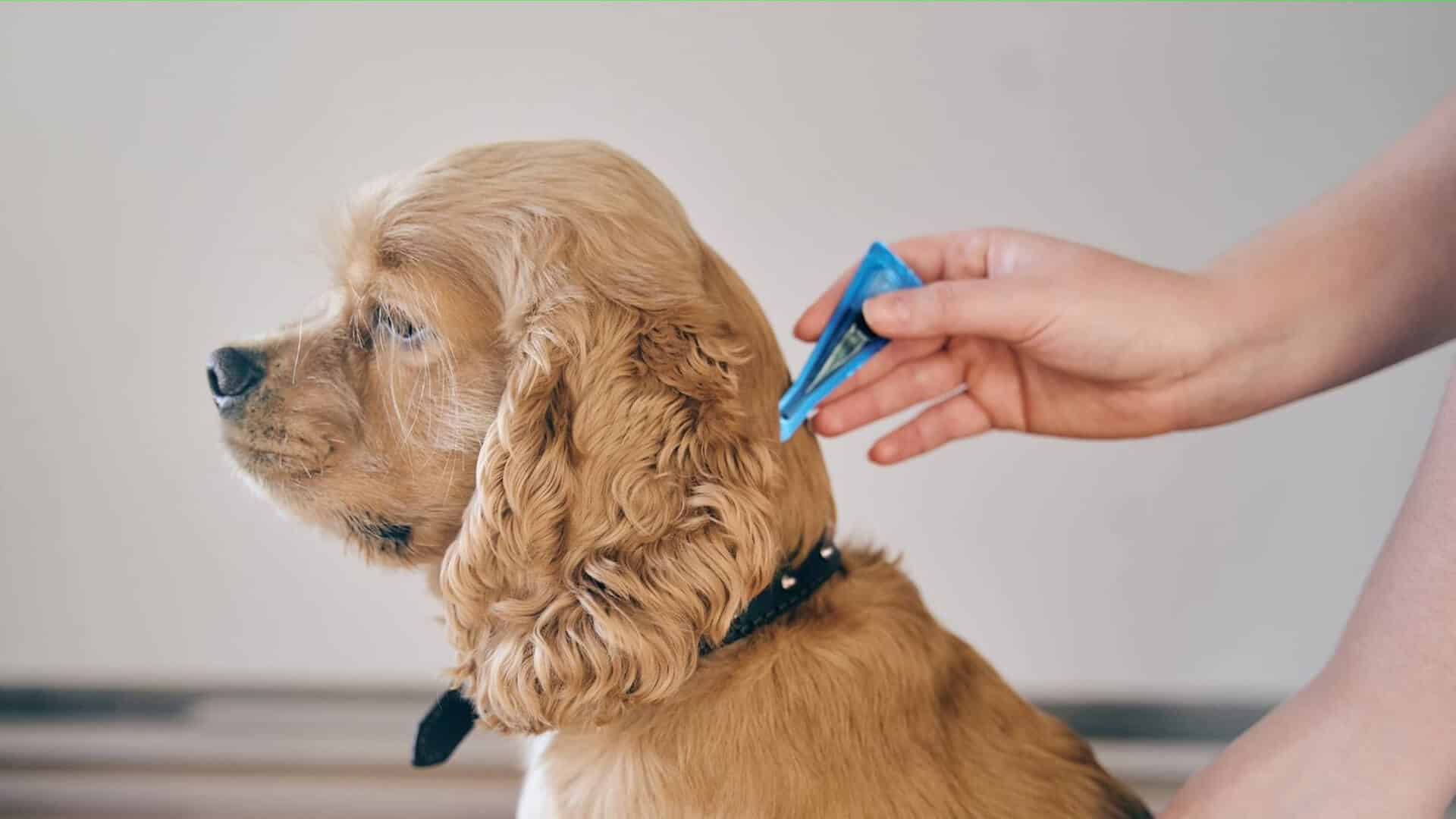#1: Maintain your pet’s healthy weight
Compared with healthy-weight pets, overweight and obese pets’ lives are shorter, and they have a higher risk for weight-related health problems that can significantly decrease their quality of life. With more than half of U.S. pets overweight or obese, pets’ weight-related health conditions are increasing, along with potentially devastating disease. Helping your pet maintain a lean, healthy weight is the best prevention for many conditions, and can add years to your pet’s life. Follow these tips to maintain your pet’s healthy weight:
- Visit the veterinarian — Your pet’s annual wellness examination is a great opportunity to ask about their weight and overall body condition. In addition, your veterinarian will screen your pet for potential weight-related conditions.
- Determine your pet’s body condition score — Evaluate your pet’s weight at home by using a body condition score scale (BCS). A pet whose body condition is ideal has palpable ribs under a light fat covering, an hourglass shape with a visible waistline, and an abdominal tuck.
- Measure your pet’s portions — Use an online dog or cat calorie calculator to determine your pet’s required daily caloric intake. Use a measuring cup to ensure you provide your pet with the exact portion they require at each meal.
- Get your pet moving — Physical activity is critical for your pet’s health and wellbeing. Determine the appropriate length and type of exercise that is best for your pet’s age and ability, and stay consistent with their daily exercise routine.
- Give your pet healthy treats — Replace commercial pet treats, which are often high in calories and artificial ingredients, with healthier alternatives, such as lean meat, carrots, apple slices, blueberries, or peas.
#2: Support your pet’s dental health
An important factor in keeping your pet healthy is to support their dental care. Dental disease is the most frequently diagnosed medical condition in pets—affecting roughly 80% of dogs and 70% of cats by age 2. Oral bacteria cause this progressive disease, which damages your pet’s gums, teeth, and supportive tooth structures. Left untreated, dental disease can affect your pet’s entire body, including their kidneys, heart, and liver.
Regular, comprehensive dental care is an essential part of your pet’s overall wellness and should include the following:
- Daily toothbrushing — Toothbrushing prevents or slows dental disease progression, and is the best way to remove plaque from your pet’s teeth before the substance hardens into tartar. Use a pet-specific toothpaste, because human toothpaste is toxic for pets.
- Professional dental cleanings — All pets require periodic professional dental cleanings to maintain good oral health and prevent problems.
- Dental products — Dental chews, oral rinses, and cleansing agents that can be added to your pet’s drinking water can help minimize plaque buildup. Use products approved for pet use by the Veterinary Oral Health Council (VOHC), or ask your veterinarian to recommend safe and appropriate dental products for your pet.
#3: Protect your pet from parasites

Parasites are organisms that live on or inside your pet. Any animal can become infected with parasites, but pets who do not receive regular parasite control medication have the greatest infection risk. Fleas, ticks, mosquitoes, intestinal worms, and other parasites can cause your pet serious illness, and the easiest way to protect your four-legged friend is to ensure they receive their heartworm, flea, and tick prevention regularly. Pets may begin flea and tick prevention at any time, but they may need a heartworm blood test before beginning a heartworm preventive. To ensure your pet is protected from parasites year-round, ask our Pioneer Animal Hospital team to recommend safe and effective products that will suit your pet’s needs.
#4: Schedule regular wellness examinations for your pet
Regular wellness exams and preventive care play a crucial role in helping keep your pet healthy. By seeing your pet—at a minimum—annually, your veterinarian becomes familiar with your four-legged friend’s lifestyle, personality, and health history. Preventive screenings performed during your pet’s wellness exam help your veterinarian detect early illness signs and address health issues before they progress.
#5: Vaccinate your pet against deadly infectious diseases
Prevent your pet from contracting deadly infectious diseases by ensuring their vaccinations are up-to-date. Vaccines protect your pet from many highly transmissible diseases, such as:
- Rabies
- Canine distemper
- Canine infectious hepatitis
- Parvovirus
- Feline panleukopenia
- Feline viral rhinotracheitis
- Feline calicivirus
Your pet should receive their vaccinations on a regular schedule to ensure adequate protection. Our team will develop a vaccination schedule and ongoing booster routine based on your pet’s lifestyle, health, and exposure risk.
Your pet has so much to teach you. By following these five health-maintaining tips, you can add years to your pet’s life, ensuring you have time to learn everything your beloved companion has to offer. If it’s time for your pet’s wellness examination, schedule an appointment with our Pioneer Animal Hospital team.

